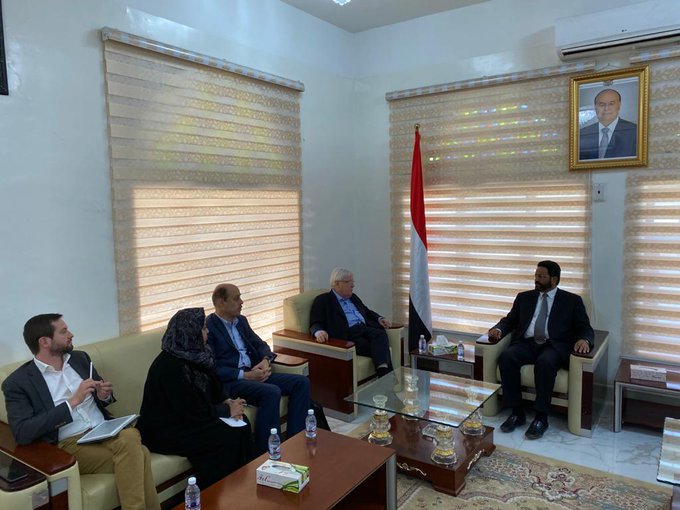5 things you should know about the state of the global economy
5 things you should know about the state of the global economy IMF/Ernesto Benavides Goods are transported by hands in Lima, Peru. 10 May 2021 Economic Development Is this the year we overcome the global economic crisis caused by the pandemic? Are our jobs in danger? Who has lost the most in the crisis and what can be done to recover? As the UN Department of Social and Economic Affairs (DESA) prepares to launch the mid-year update of the 2021 World Economic Situation and Prospects (WESP) report, here are five things you need to know about the state of the global economy. Dock workers unload fresh fish from a boat in Casablanca, Morocco.IMF/ Jake Lyell Dock workers unload fresh fish from a boat in Casablanca, Morocco. 1) US and China bounce back, but a slow recovery for developing countries While economic output in the United States and China is expected to grow robustly and lift global growth, many developing economies are not expected to return to pre-pandemic output levels anytime soon. The pandemic is far from over for most developing countries where vaccination is advancing slowly, and fiscal pressures have intensified. 2) The situation of the most vulnerable has become even more precarious Lockdowns and social distancing measures resulted in large job losses in contact-intensive and labour-intensive service sectors, which predominantly employ women. The pandemic has also exposed the vulnerability of informal employment, which is the main source of jobs in many countries and which offers less job security, social protection and access to healthcare. An egg vendor sits in her stall in Quiapo, Philippines.IMF/Lisa Marie David An egg vendor sits in her stall in Quiapo, Philippines. 3) Global trade recovery is strong, particularly in Asia Merchandise trade has already surpassed pre-pandemic levels, buoyed by strong demand for electrical and electronic equipment, personal protective equipment (PPE) and other manufactured goods. Trade in services remains constrained by restrictions on international travel. While exports from Asian economies have soared, exports from Africa, Western Asia, and the Commonwealth of Independent States has stalled. 4) The COVID-19 crisis has inflicted more harm on women and girls This crisis disproportionately affected women, who suffered significant job and income losses, contributing to the worsening of gender poverty gaps. Burdened by increased home care duties, many girls and women gave up on schools, and the workforce altogether. Returning to school and work might take longer or may not happen at all for many of them, further widening gender gaps in education, income and wealth. Women textile workers perform quality control tests at a factoy in Izmir, Turkey.ILO/Kivanc Ozvardar Women textile workers perform quality control tests at a factoy in Izmir, Turkey. 5) Countries need to do more to address the uneven impact of the COVID-19 crisis There is an urgent need for countries to formulate better targeted and gender-sensitive policies to drive a more resilient and inclusive recovery from the crisis. Though on the frontlines of the pandemic, women have been under-represented in pandemic related decision-making and economic policy responses. The severe and disproportionate impact of the pandemic on women and girls call for more targeted policy and support measures for women and girls, not only to accelerate the recovery but also to ensure that the recovery is inclusive and resilient. A rice mill worker fills a sack with rice in Ratchathani province, Thailand.UN Women/Piyavit Thongsa-Ard A rice mill worker fills a sack with rice in Ratchathani province, Thailand. Courtesy:UN News
Labels: State of global economy, UN










